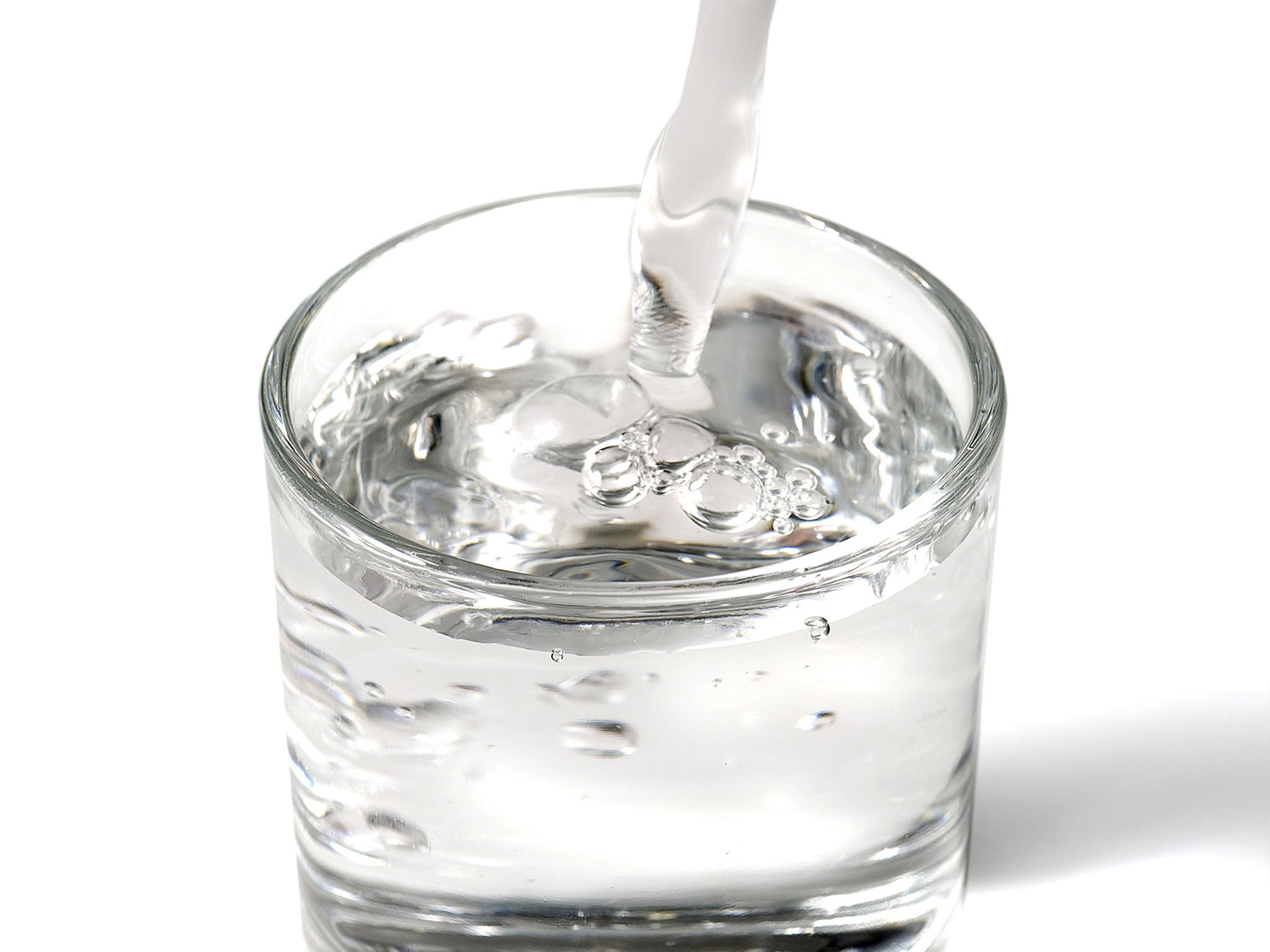Drinking too much water can be deadly, doctors warn
Report comes after 59-year-old woman admitted to hospital with 'water intoxication'

Healthcare professionals have warned of the dangers of telling people to “drink plenty of fluids” after a woman was admitted to hospital with water intoxication.
After developing symptoms of a urinary tract infection, the 59-year-old increased her water intake, drinking more than half a pint every 30 minutes, which she hoped would “flush out her system.”
However, she quickly fell seriously ill and was admitted to King’s College hospital with dangerously low levels of salt in her blood, a potentially fatal condition if left untreated.
Now, doctors are questioning whether there is a "safe" amount of water to drink, and called for greater evidence to know how much water is too much.
In the British Medical Journal case report, doctors Laura Christine Lee and Maryann Noronha asked: “We frequently advise our patients to ‘drink plenty of fluids’ and ‘keep well hydrated’ when they are unwell. But, what do we mean by that? Are there potential risks of this apparently harmless advice?”
The report describes how their patient’s condition continued to worsen after she was admitted to hospital.
“During her visit to the emergency department, she became progressively shaky and muddled. She vomited several times, was tremulous and exhibited significant speech difficulties,” they wrote.
“Throughout the day she had consumed several litres of water based on medical advice she recalled from previous similar episodes.”
Water intoxication is a well-documented symptom of some endurance sports and the use of certain drugs, including MDMA, which can cause excessive thirst.
However, the condition can be deadly with symptoms including nausea, vomiting and headaches and in serious cases, brain swelling, confusion, seizures, coma and death.
Patients with abnormally low salt levels, as a result of hyponatremia or water intoxication, have a death rate of almost 30 per cent.
“I have patchy recollections of being asked questions I understood but seemed unable to articulate answers for and found this distressing. I remember seeing my partner looking grave and forlorn, which was more frightening than what was happening as I did not know or understand what was happening,” the patient, writing of her own experience in the same journal, said.
“I remember seeing my hand in front of me shaking rather violently and I wondered why I could not stop it, then realised that my whole body was shaking.”
Dr Imran Rafi, chairman of clinical innovation and research at the Royal College of GPs, said it was important to stay hydrated but there was no steadfast recommendation as to how much water people should drink.
“'Drinking enough water is important in keeping healthy, both physically and mentally, and patients should keep their fluids up when unwell, particularly in conditions that can cause dehydration,” he said.
“We would encourage patients to drink more if they have symptoms of dehydration, such as feeling thirsty – including in hot weather or when exercising – or passing dark-coloured urine.
“There is no steadfast recommendation as to how much water people should drink in order to stay healthy, but the key thing is to keep hydrated – and passing clear urine is a good indication of this.
“This case report highlights that excessive water intake can have important consequences for patients, and this is something that healthcare professionals, and patients, should be mindful of.”
Public Health England recommend drinking between six and eight glasses of fluid a day, while current NHS England guidelines suggest drinking “plenty of water”.
The Independent had contacted NHS England for comment.
Subscribe to Independent Premium to bookmark this article
Want to bookmark your favourite articles and stories to read or reference later? Start your Independent Premium subscription today.

Join our commenting forum
Join thought-provoking conversations, follow other Independent readers and see their replies